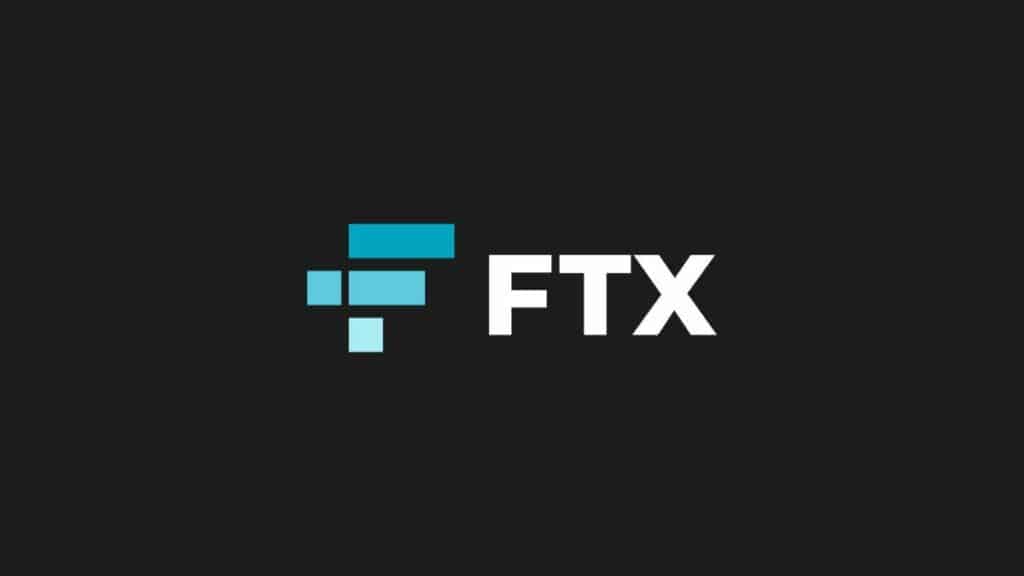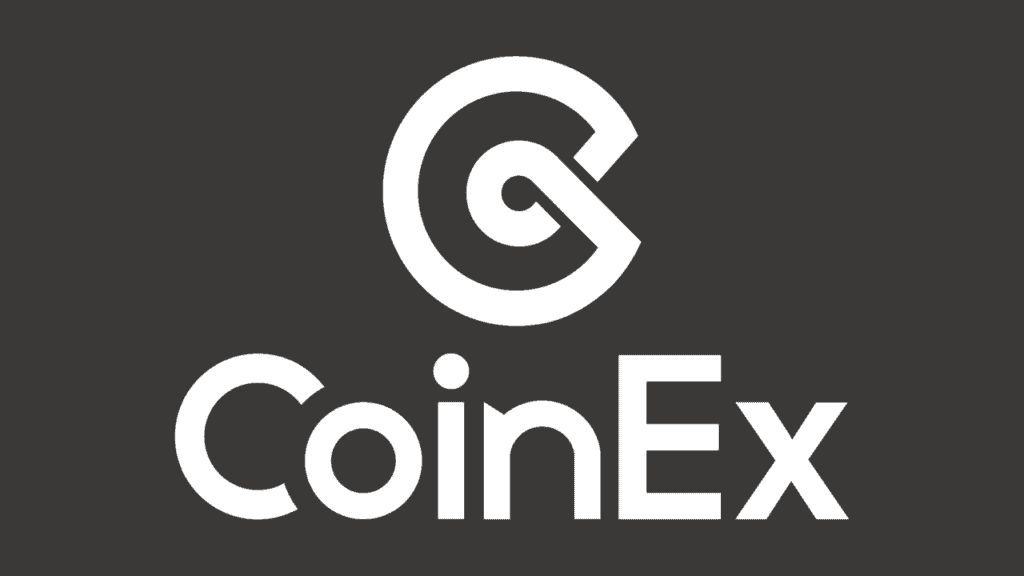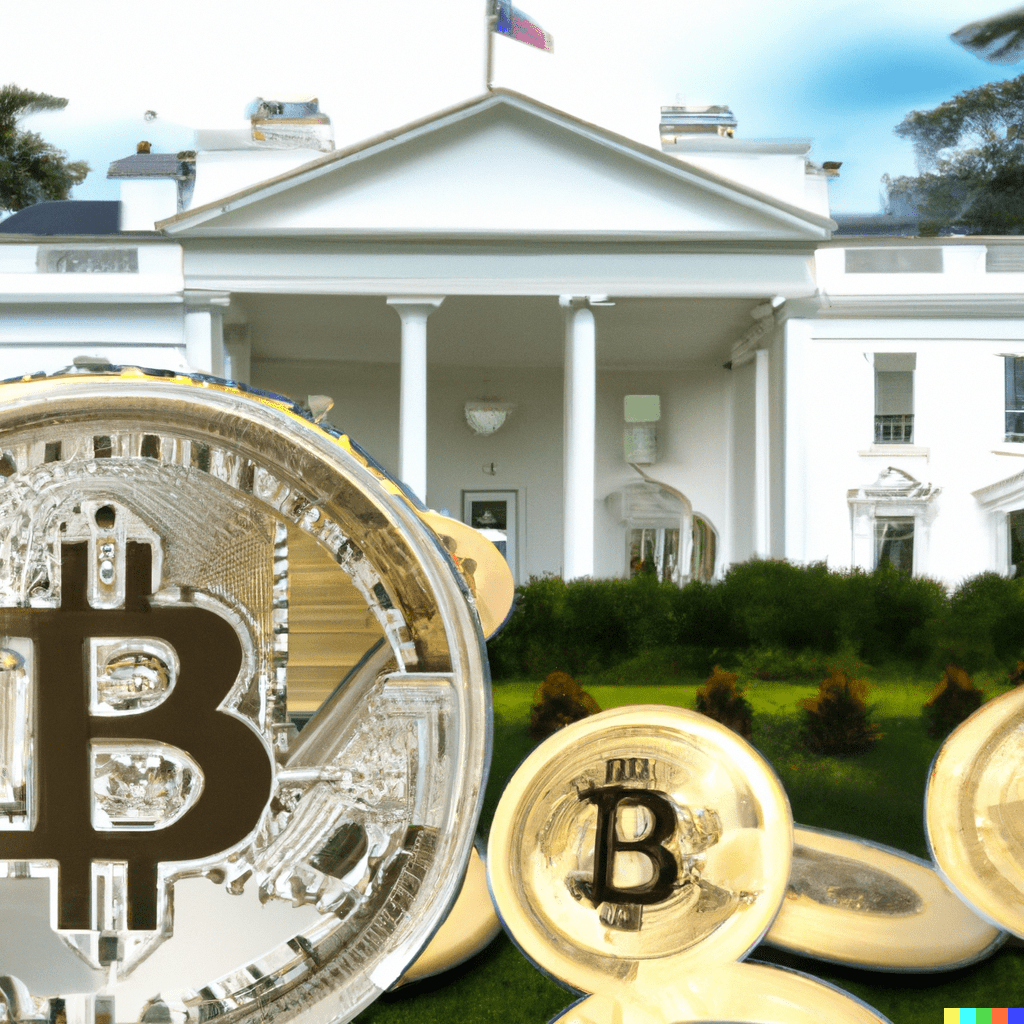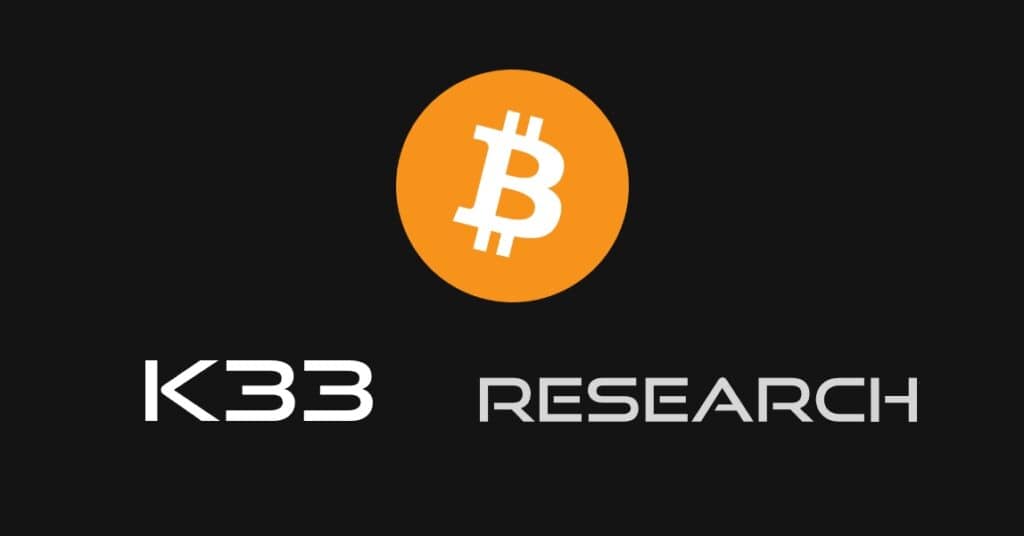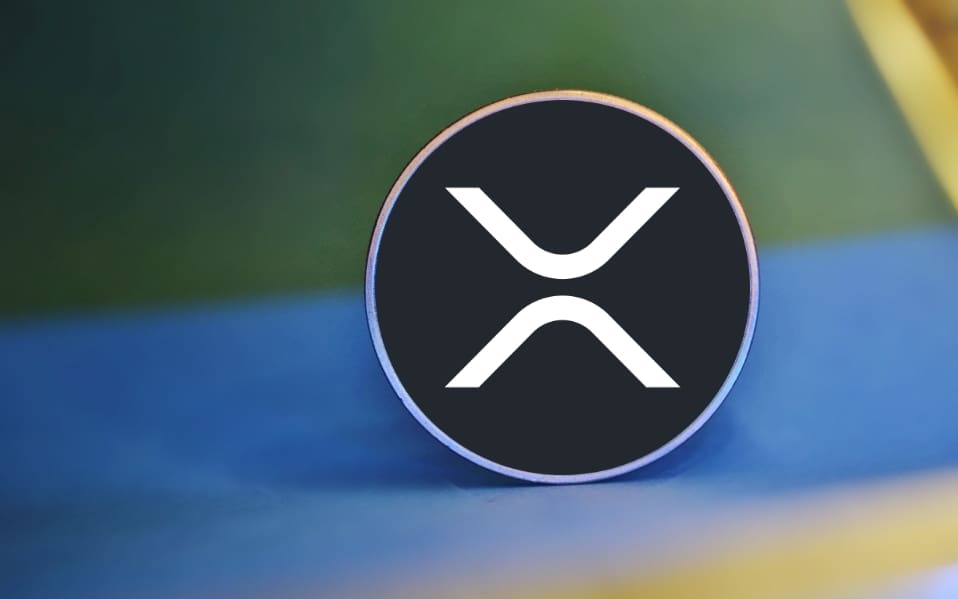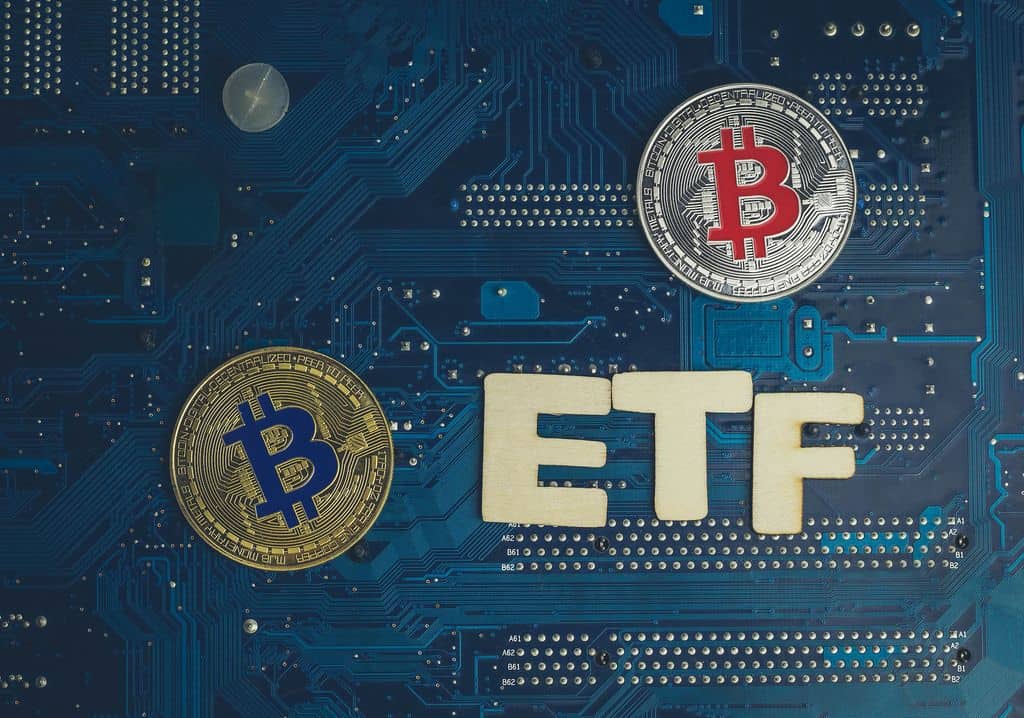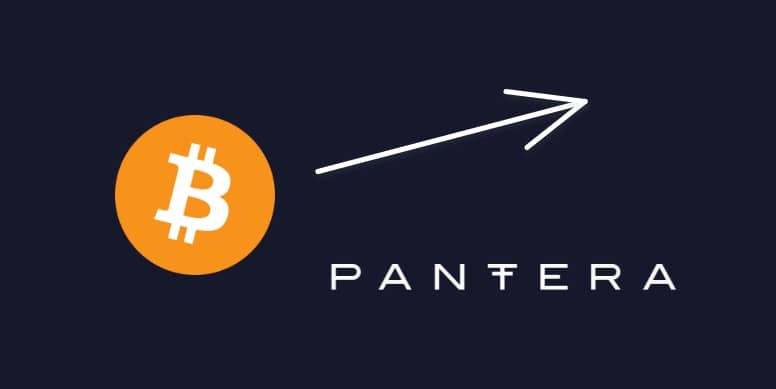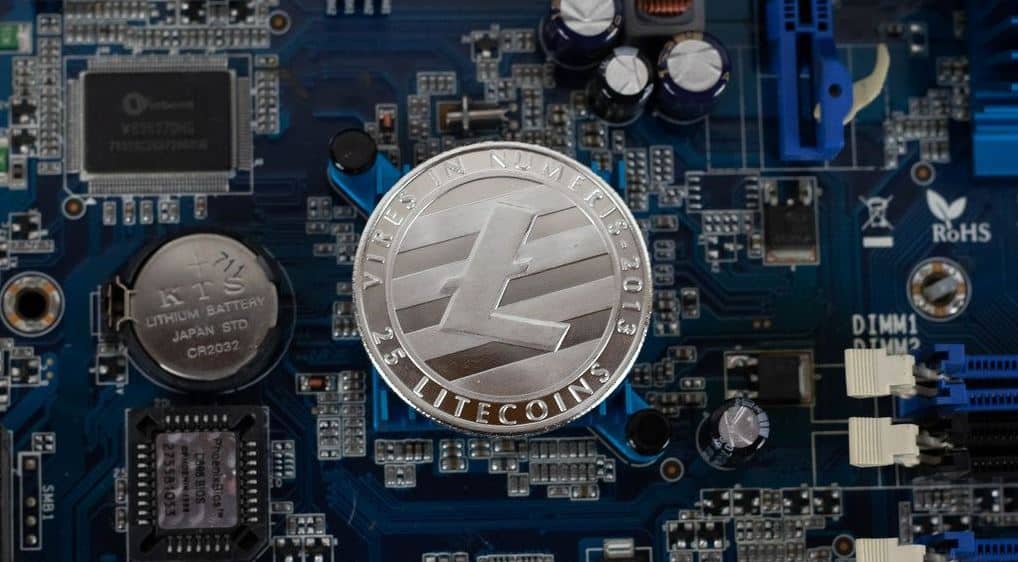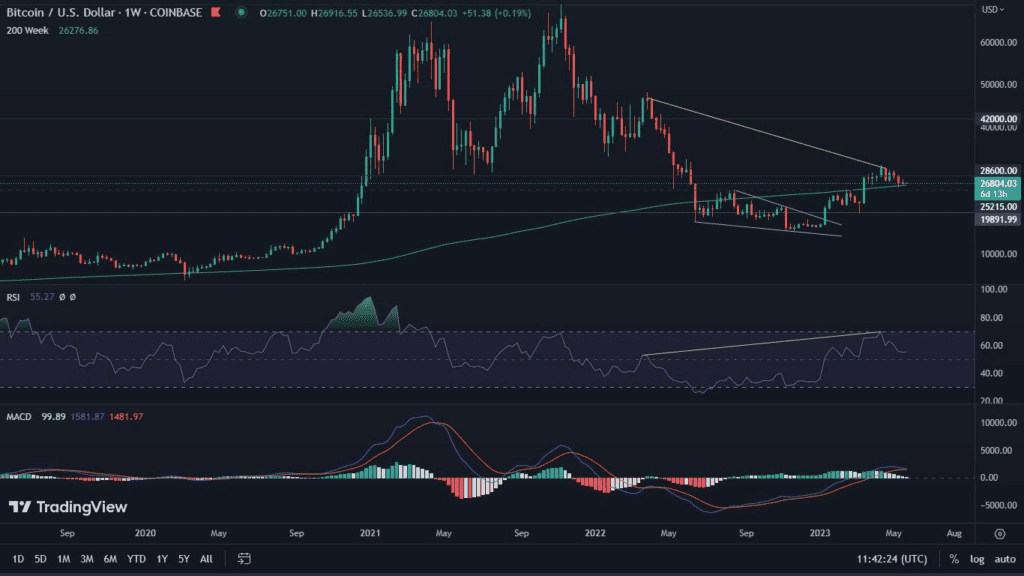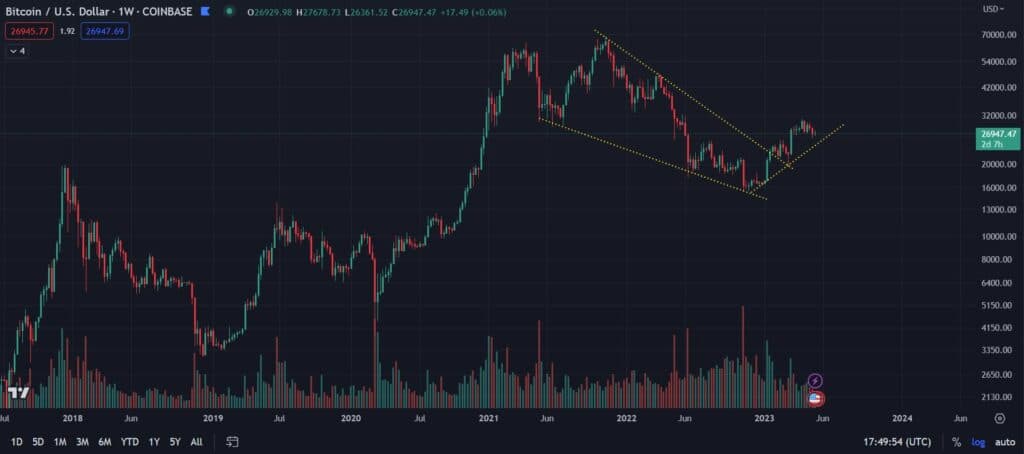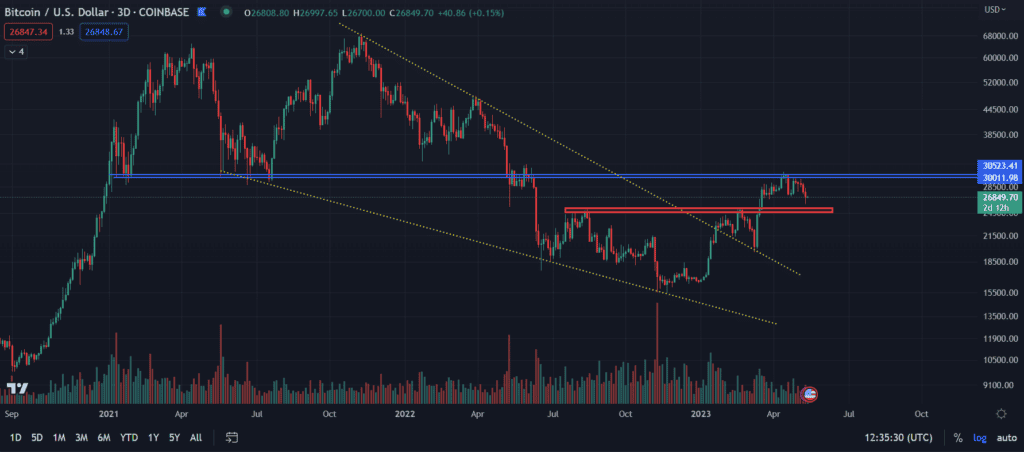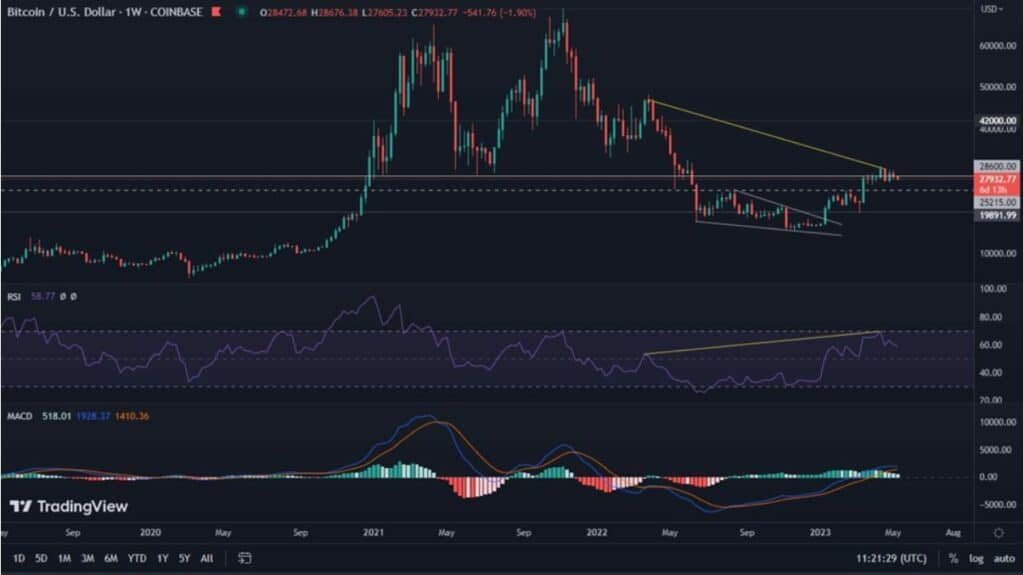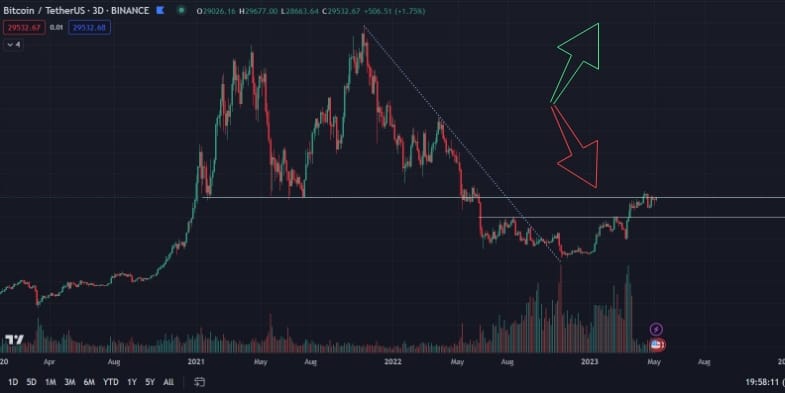In recent years, there has been much talk about the need to combat money laundering and the financing of terrorism. Governments, in order to effectively counteract these threats, introduce laws that change the rules of functioning of the financial sector. Increasingly, they affect cryptocurrencies, which in the opinion of the U.S. Congress may be a modern threat. Therefore, this one is working to increase control over the sector. The situation is becoming worrisome. Here’s what changes are currently on the table.
Bitcoin, Ether and their hard forks as commodities; legal uncertainty for all other projects
The law regulating futures and options trading, which has been in effect since 1936, will be allowed to become the basis for regulation of derivatives based on Bitcoin, Ether, as well as their hard forks. The act has been amended several times since its inception. Under it, the CFTC was established in 1974 with full control in the contracts sector. This would mean surveillance of exchange-traded instruments, which de facto would not hit any of the listed currencies. However, it makes an elimination by excluding all others from their segment. This kind of change creates legal uncertainty for other projects, most notably ICOs, by possibly labeling them as securities.
Ban on the use of unauthorized stablecoins
According to the newly drafted law, no person will have the right to issue, use and authorize the use of digital coins based on traditional currencies. Only stablecoins authorized by the Secretary of the Treasury will be allowed to circulate.
Outlawing privacy coins and mixers
It is expected to amend the law on banking services, so that the use of cryptocurrencies with a higher degree of anonymity will become sanctioned. Any activity that increases the level of privacy will be banned. Failure to comply with these regulations could result in imprisonment for up to five years.
Smart contracts with an execution time of more than 24 hours will qualify as futures contracts
This is a significant restriction on the operation of smart contracts. It particularly affects the space outside of centralized exchanges.
New definition of legal tender and authorization for issuing digital dollars
Cryptocurrencies are to officially cease to be seen as a possible legal tender. Instead, the authorities want to create regulations that open the door to the creation of a digital dollar, the trading of which would be fully registered.
Introduction of external regulations into US law
FATF (Financial Action Task Force), is an institution that creates regulations on anti-money laundering. On its foundations, regulations are created that, among other things, include cryptocurrencies. Their guidelines, created in Paris, are not yet included, but are to be implemented in order to unify the law both in the United States and among its economic partners.
Far-reaching changes
The aforementioned regulations at first glance seem to have a lot to do with anti-money laundering and the fight against terrorism. However, they go so far as to have a strong impact on privacy. One can see the need for meticulous control as well as the desire to sanction hitherto legitimate activities. This kind of restriction on the development of the industry fills with uncertainty about the future of cryptocurrencies within the United States. The new law has not yet been created, but constructing it in the form that the draft envisions seems extremely dangerous.


